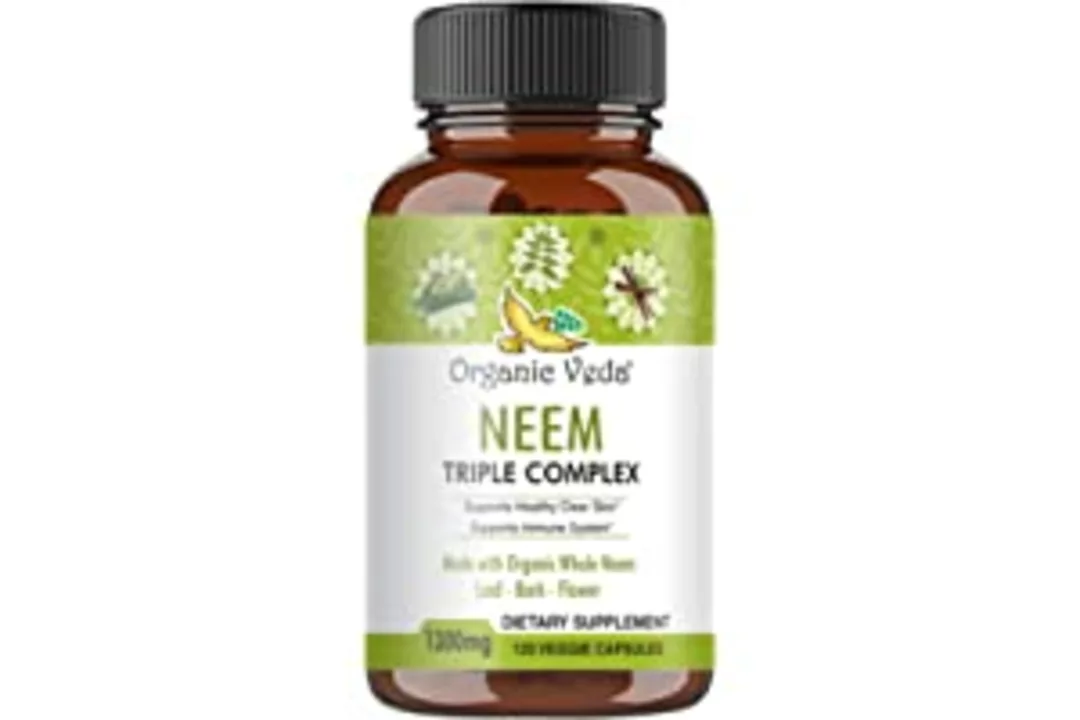I recently came across an incredible dietary supplement that's changing the health game forever - Neem! This powerful plant, native to India, has amazing medicinal properties that can benefit our overall health. Not only does it have anti-inflammatory and anti-bacterial properties, but it also aids in digestion and supports a healthy immune system. I've been trying it for a few weeks now, and I feel great! If you're looking to improve your health, Neem is definitely a must-try supplement.
Neem: Uses, Benefits, Side Effects & How to Use It Safely
Neem is a tree native to South Asia. People use its leaves, oil, and extracts for skin, hair, teeth, and as an insect repellent. Lab tests and small clinical studies back some benefits, but neem isn’t a cure-all. Below you’ll find clear, practical advice on how to use neem and what to watch for.
How people use neem
Topical skin care: Neem leaf paste or diluted neem oil is popular for acne, mild eczema, and fungal skin issues. For sensitive skin, try a small patch test first. If your skin tolerates it, use a thin layer on the affected area and rinse after 15–20 minutes.
Hair and scalp: Neem helps with dandruff and an itchy scalp. You can make a rinse by boiling a handful of neem leaves in water, cooling it, and using the strained water after shampooing. For stronger action, mix a few drops of neem oil with a carrier oil like coconut or olive oil and massage the scalp once a week.
Oral care: Neem extracts show antibacterial properties, and neem-based toothpaste or chewing sticks are traditional aids for gum health. Use commercially prepared neem oral products rather than homemade pastes to avoid irritation or contamination.
Insect repellent and garden use: Neem oil is an effective natural insect repellent for skin and a pest control agent in gardens. For plants, follow the product label. For skin, dilute neem oil before applying—never use it undiluted.
Safety, interactions, and quick tips
Don’t swallow neem oil. Oral ingestion of concentrated neem oil can cause nausea, vomiting, and in rare cases serious health problems. If you’re taking medications for diabetes, be careful: neem can lower blood sugar and could add to the effects of your medicine.
Avoid neem if you’re pregnant or breastfeeding. Neem may affect hormone levels or the uterus. Also avoid giving neem oil or high-dose extracts to infants and very young children.
Watch for allergic reactions. Stop use and see a doctor if you get severe redness, swelling, or breathing problems after topical use. If you have liver disease or take immunosuppressants, check with your clinician before trying neem supplements.
Product tips: Buy neem oil and supplements from reputable brands. Look for clear ingredient labels and third-party testing when possible. For topical use, dilute neem oil by mixing a few drops into a tablespoon of carrier oil. For leaves, buy dried, food-grade leaves or use trusted extracts rather than random garden samples.
Want more herbal guides? Evo-Pharmacy.com covers other botanicals like agave and African wild potato with practical tips and safety notes. If you plan to use neem long-term or with other medicines, talk with your healthcare provider first—simple checks can avoid real problems.

